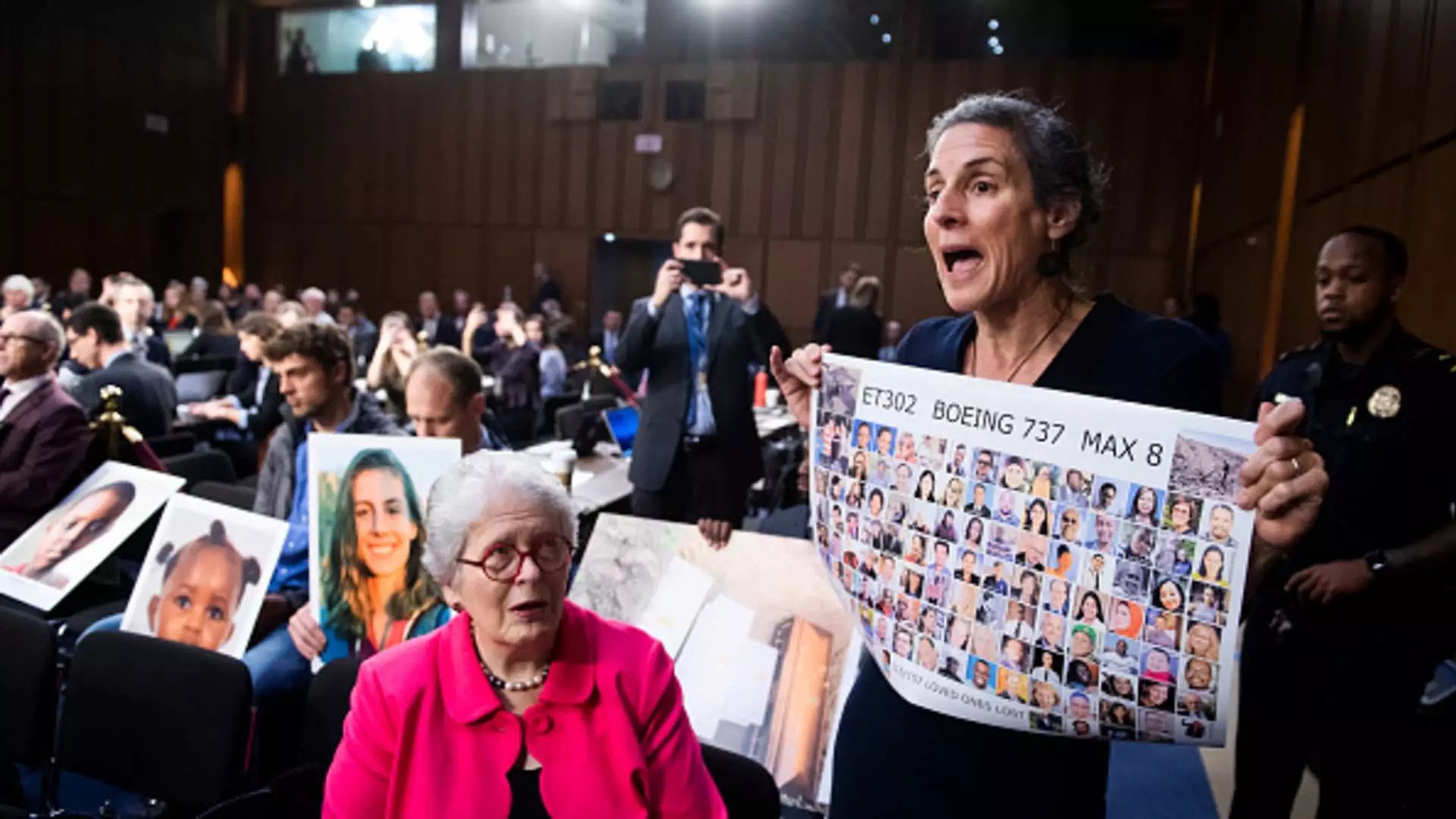The recent decision made by U.S. District Judge Reed O’Connor to reject Boeing’s proposed plea deal brings to light critical issues surrounding corporate accountability, regulatory oversight, and trust in the judicial system. As Boeing grapples with the aftermath of the catastrophic 737 Max crashes, which led to the loss of 346 innocent lives, the legal proceedings surrounding the company signal broader implications for corporate behavior in high-stakes industries.
In 2018 and 2019, the world witnessed two horrifying air disasters involving Boeing’s 737 Max aircraft. The Lion Air flight and Ethiopian Airlines tragedy put the spotlight on the airline giant’s operational integrity and commitment to safety. In response to the uproar, Boeing entered a plea agreement admitting to conspiring to defraud the U.S. government by misleading regulators regarding crucial flight-control software. The sheer scale of the losses has rendered Boeing a central player in the debate over ethical corporate governance and the responsibilities of American corporations to prioritize safety above profits.
The recent rejection of Boeing’s plea deal unveils significant judicial concerns regarding the appointment of a government monitor, a critical aspect meant to ensure compliance with regulatory expectations. Judge O’Connor raised red flags around the potential influence of diversity, equity, and inclusion (DEI) policies in selecting this monitor, emphasizing that the appraisal should be grounded in qualifications rather than race-based considerations. With the charge of fraud looming large, the judge’s misgivings serve as an important reminder that public perception of fairness in justice is paramount, particularly in matters of such magnitude.
Furthermore, O’Connor’s insistence on transparency in the selection process indicates the judicial system’s acknowledgment of the public’s stake in holding corporations accountable. With a history of perceived leniency towards large corporations, it is essential to establish an approach that reinforces the belief that justice is factored equally in cases concerning powerful entities. Victims’ families have expressed their concern over the prior deal, describing it as a “sweetheart deal” and arguing that it undermines the gravity of the crimes related to the fatal incidents.
Boeing’s negotiation landscape has included input from the families of those who lost their lives in the crashes. Their increasing vocal opposition to the terms of the plea deal has catalyzed discussions surrounding corporate culpability. Erin Applebaum, representing victims’ families, has called for a reassessment of terms, advocating for consequences that align with the gravity of Boeing’s actions. When families impacted by corporate negligence take an active role in legal proceedings, it not only alters the narrative but also introduces essential perspectives that must be acknowledged in judicial decisions.
As Boeing attempts to restore its reputation and operational safety, the implications of Judge O’Connor’s ruling may hinder their progress. With a fine proposed against the backdrop of a historical license to operate, this case might serve as a pivotal moment that signals a shift toward heightened accountability for corporations guilty of regulatory infractions. Given the recent door panel incident on a 737 Max 9, the scrutiny placed upon Boeing will only intensify, demanding significant compliance to ensure safety and restoration of public trust.
The rejection of Boeing’s plea deal not only underscores the complexities involved in corporate governance but also serves as a clarion call for vigilance in the legal system. A robust dialogue around regulatory standards, corporate responsibility, and public transparency must continue to evolve. Ultimately, the judicial system’s commitment to accountability could redefine how corporations operate, ensuring that safety is prioritized above profit, and that the voices of those affected by corporate negligence reverberate powerfully through the halls of justice. The implications of this case will resonate far beyond Boeing, as they set a precedent for how similar situations are handled in the future.

